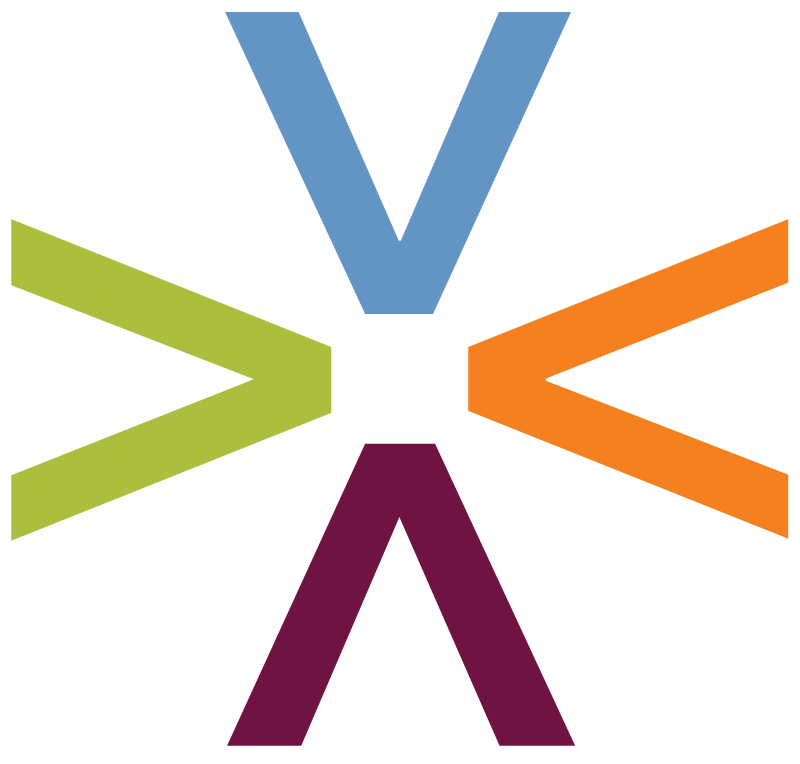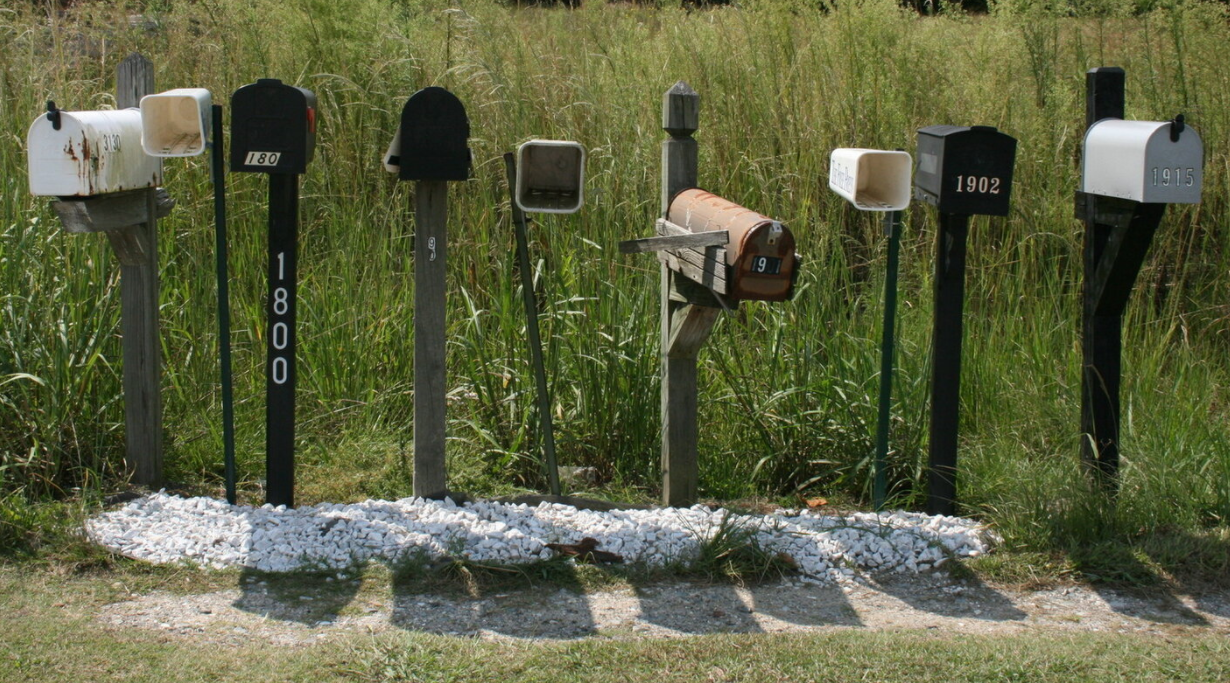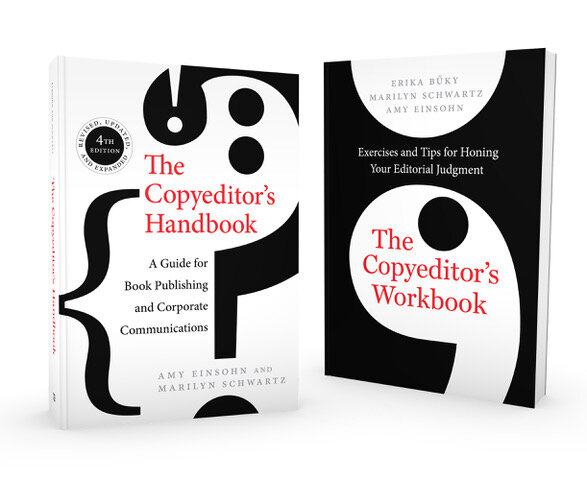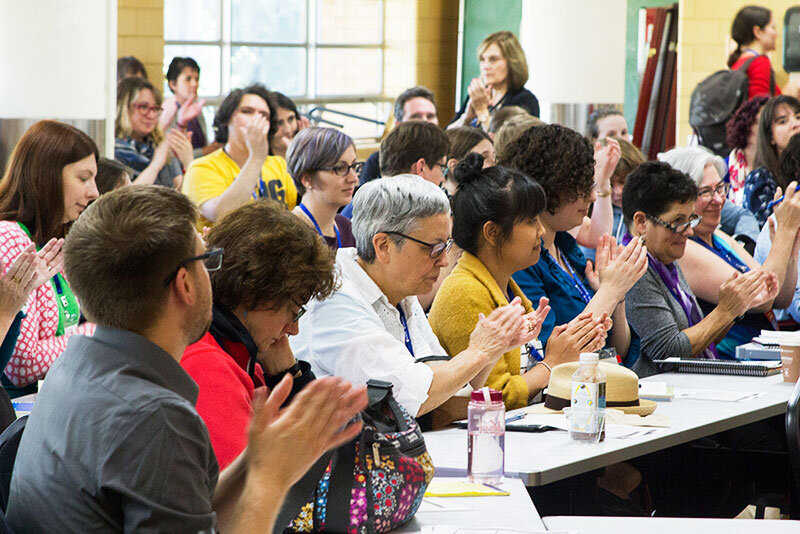
Resources for Troubling Times: What Editors Need to Know During the COVID-19 Pandemic
If you find yourself unsettled these days, you aren’t alone. Though editors often work from home, many of us are new to being 100% remote. The struggles that come from working at home are amplified with isolation and loss of routine due to stay-at-home orders, making focus and motivation difficult throughout the day.

StetPet Editorial Assistants
The Northwest Editors Guild introduced a weekly feature called StetPet on our social media during the summer of 2017 to give our followers a midweek smile. We’ve posted photos and descriptions of animal editorial and writing assistants from all over the world every Wednesday since, featuring plenty of cats, dogs, rodents, aquatic pets, and even wild animal visitors that “help” editors and authors with their work. StetPet posts are frequently the most popular posts on the Guild’s social media feeds.

Welcoming 2020 on the Board
On January 19, departing, returning, and incoming board members of the Northwest Editors Guild joined together for our annual daylong retreat to meet up in person, share information, and ensure a smooth transition into 2020. Please join us in welcoming our new members, and enjoy these brief introductions to the whole board.

How to Reach Out: The Basics of Our Member-Only Listserv
Confused about how the Guild’s member-only listserv works? This post is here to answer your questions!

Building Relationships: A Post-Conference Conversation
To all the editors who participated in the Northwest Editors Guild’s Red Pencil Conference 2019 in September, we’d like to say once more—thank you for joining us! It was a day full of new perspectives, new ideas, new skills, and new voices. It was also a day for celebrating editors and our commitment to creating bridges between writers and readers.
We would also like to thank once again the many supporters who stepped up to make the Guild’s first scholarship program a reality this year. Six Voice & Voices scholarships were awarded to encourage six editors to attend their first Red Pencil Conference. We hope they will continue to add their voices to our growing editorial community.

The State of the Guild . . . Depends on You!
In this State of the Guild address, presented at our October 12 potluck, Elaine acknowledged the many volunteers who made things happen in 2019 and suggested ways volunteers can move the Guild’s mission forward in 2020. A few of those opportunities are highlighted in boldface below, and we’re always open to members’ fresh, creative ideas for future community building.

English as We Have Loved It
When Amy Einsohn’s classic Copyeditor’s Handbook was first published in 2000, at least 50 percent of copyeditors in the book industry (a sector of publishing rarely ahead of the technology curve) were still marking paper manuscripts with No. 2 pencils, according to panelists at a conference for on-screen editing held in San Francisco that year. Many deft amateurs still learned their craft, as Amy and I had, by apprenticing to a battle-tested in-house editor or by following hand-marked foul copy while proofreading typeset galleys. Publishers, the traditional gatekeepers of content, still typically anointed lucky authors for fifteen minutes of fame, although spurned writers sometimes resorted to the widely disparaged practice of “vanity publishing” by digging into their own pockets. Some of us editors even had “real jobs”—the kind with regular paychecks and benefits. (Secure in my niche as managing editor at the University of California Press, I was among the fortunate ones.)
The culture and practice of editing have profoundly changed since then.

Red Pencil Conference 2019: Access to Learning
Accessibility can mean many things. Everyone’s needs and experiences are different. In the writing and editing world, plain language is defined as language that allows users to find, understand, and use the information they need. This definition focuses on the end result—it’s about people getting what they need. Along those lines, my current definition of accessibility is an environment that allows each of us to find and use the space we need to participate and to learn. That includes physical, mental, emotional, and even social space.

Q&A with Nevin Mays, Mentoring Program Coordinator
Like all Northwest Editors Guild activities, our peer mentoring program is an all-volunteer affair, from the mentors and mentees to the volunteer who holds the program together—the mentoring program coordinator.
The mentoring program was launched by Guild member Julie Van Pelt, out of Port Townsend, Washington, in late 2014. Julie handed the reins to Kyra Freestar, in Seattle, at the end of 2016. In April of this year, Nevin Mays, in Portland, took on the coordinator role, and she is bringing new ideas and enthusiasm to the job. We thought it would be fun to hear some of Nevin’s thoughts about professional mentoring.

A Q&A for the Board Curious
The Guild is an all-volunteer organization blessed with incredible richness in the skills of its members, all of whom collectively have helped make it what it is today. We are on a sound financial footing, have a well-developed committee structure to accomplish our work, and have a solid five-year strategic plan to guide our efforts. New projects are in the works: expanded outreach, a revitalized speaker’s bureau, and a new marketing plan, to name a few. We meet as a board just six times per year, but the real work of running the Guild occurs in the handful of committees that offer a wide range of opportunities for contribution. The details are described in our current FAQs for Prospective Board Members.
